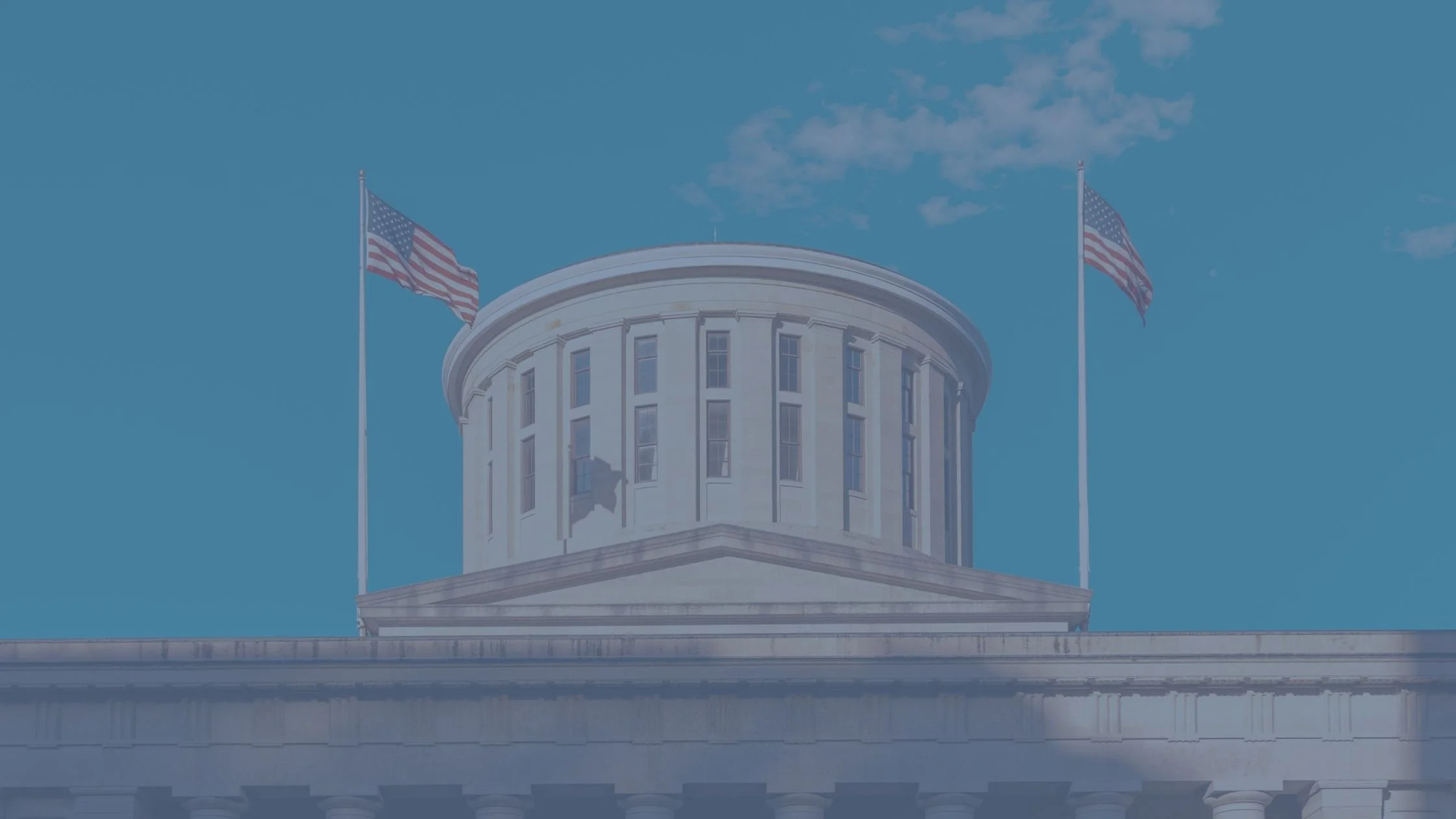Equal access to justice for all simply doesn’t happen when attorneys do not make a space for modest means clients in their practice. It’s not easy to make that space and it requires thoughtfulness and the will to create change. Yet, having watched Fair Shake’s young attorneys take that challenge and continuously work to mold a space for modest means clients, I think that attorneys of all background and practices (that means you too, government attorneys) can step up to the plate.
PA Supreme Court Sides With Landowners, Declines to Extend Primary Lease Term of Oil and Gas Lease
The Pennsylvania Supreme Court recently issued a major decision, unanimously holding that the primary term of an oil gas lease is not extended or tolled during the pendency of litigation by a lessor seeking a declaratory judgment. The decision is contrary to decisions in many other jurisdictions, which allow a prevailing lessee an extension of time beyond the primary term to gain production.[1]
Law Students: Looking for a Summer Internship? Check out Fair Shake.
Fair Shake has a summer internship program in our Pittsburgh, PA and Akron, OH locations. We are looking for bright, motivated, and creative law students to join us for the summer to help us increase access to justice in environmental matters and public participation in environmental decision-making.
“Budgeting” to Ensure that We Can Use Lake Erie
The basics of business are the basics of the law surrounding water quality: you have to set a budget and limit your spending to accomplish that budget. For Lake Erie and other nutrient-impaired water bodies, we face the same need: our budget is only so large for the amount of nutrients that Lake Erie can take before we’ve exceeded our budget. In the Chesapeake Bay, such a basic scheme has been put into place in the form of a Total Maximum Daily Load or TMDL, which is a legally-required and nondiscretionary “budget” put into place by the Clean Water Act when a water body is not meeting its desired uses, such as being fishable and swimmable. Similar to a budgeting process, the U.S. EPA has called the Chesapeake TMDL a “pollution diet.”
Chink In The Casing: Finding Fault With Government Management Of UIC Programs, And How Citizens Can Protect Themselves
Among the many possible ways to manage industrial waste is underground injection in what are called Underground Injection Control wells. As the name suggests, underground injection is the process of injecting liquid waste into a porous subsurface geologic layer in a manner that attempts to keep the waste isolated and to prevent harm to drinking water sources. UIC wells provide the conduit for the waste to reach the subsurface layer.














